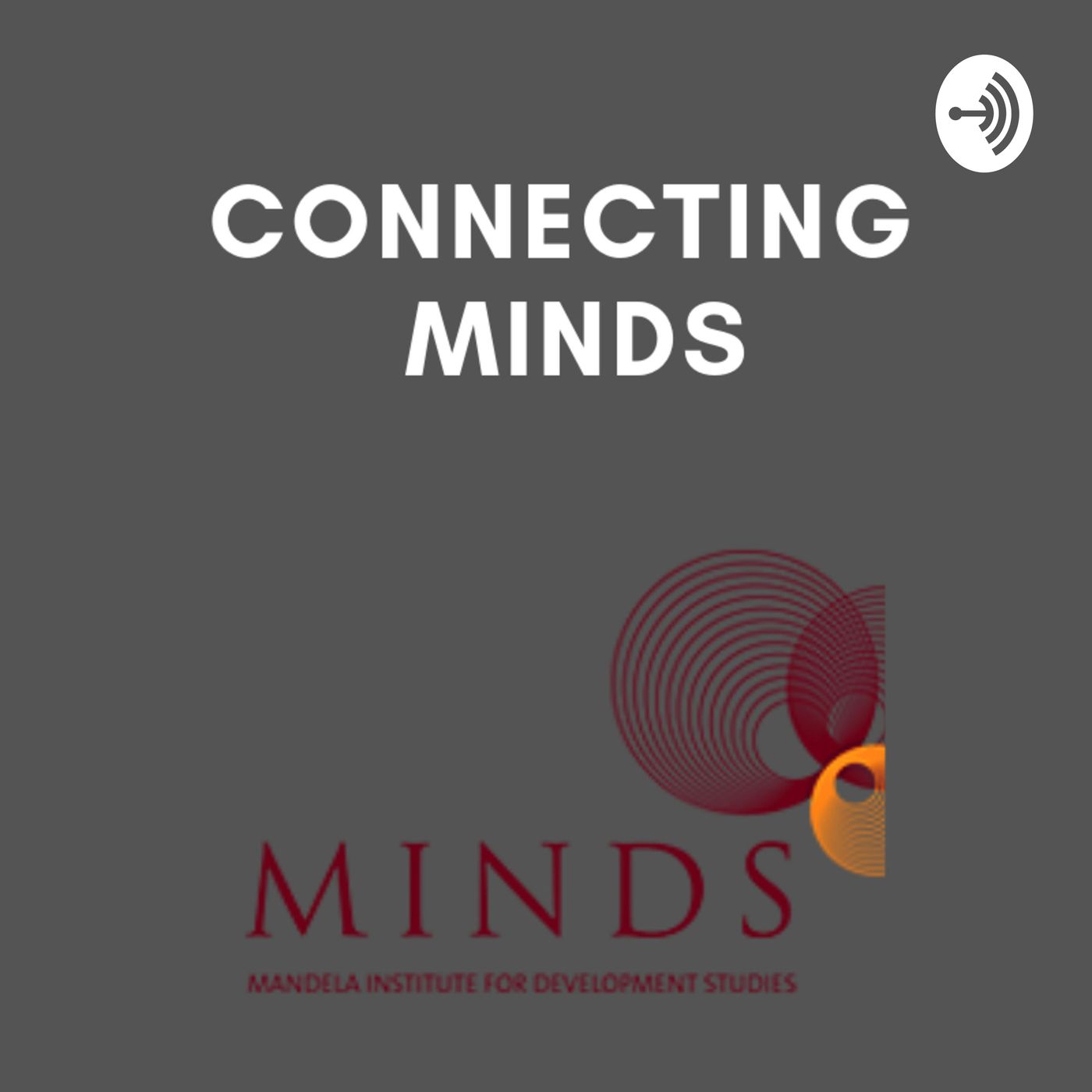Discover Connecting Minds
Connecting Minds

Connecting Minds
Author: Africa Business Radio
Subscribed: 9Played: 3Subscribe
Share
© Copyright Africa Business Radio
Description
The Mandela Institute for Development Studies (MINDS) is an Africa-wide think tank which provides a forum for dialogue, information dissemination and networking, underpinned by rigorous research on the different elements of African Heritage in order to shape policy and practice on governance, economic development and the evolution of African institutions. Support this podcast: https://anchor.fm/connectingminds/support
5 Episodes
Reverse
Agriculture markets are not working for the smallholder farmer, there is need to:• Create a level playing field by supporting equitable participation and benefits by all value chain actors (i.e., marketing of products taken over by middle man).• Generate evidence to advocate for a policy environment conducive for smallholder farmers (e.g. (i) impact of export ban on agricultural commodities by government, (ii) increasing taxes, levies and production costs, and (iii) low inter-regional trade). --- Support this podcast: https://anchor.fm/connectingminds/support
Thandi Mgwebi is the Deputy Vice-Chancellor Research, Innovation & Engagement at the Tshwane University of Technology South Africa, she chats about Revamping agricultural research and development (R&D), there is a need to:•Increase financing of agriculture research and development to support implementation of National Agriculture Investment Plans. •Adopt participatory approaches to agricultural research and development to amplify the voices of smallholder farmers including women and youth•Capacitate women and youth to broaden the base of researchers supporting agriculture --- Support this podcast: https://anchor.fm/connectingminds/support
Agriculture should form the backbone to any solution or strategy to the developmental challenges bedeviling the continent. It will be impossible to effectively advance social and economic transformation that addresses the challenges confronted by women, the youth and children on the continent without collective efforts targeted at transforming agriculture in Africa, in a way that addresses food and nutrition insecurity. The Malabo declaration on accelerated agricultural growth and transformation for shared prosperity and improved livelihoods provides the direction.The 2018 High-level Food and Nutrition Security Policy Dialogue for Africa was a collaborative effort of four organizations - the Food, Agriculture and Policy Analysis Network (FANRPAN), the Graça Machel Trust (GMT), the Mandela Institute or Development Studies (MINDS), and Center for Coordination of Agricultural Research and Development for Southern Africa (CCARDESA) together with local, regional and global partners – engaged in transformative and sustainable agenda aimed at ensuring a food and nutrition secure African continent based on active and meaningful engagement of women and the youth. --- Support this podcast: https://anchor.fm/connectingminds/support
1. Transformation of Africa’s agriculture begins with us - All relevant stakeholder groups need to change: · Donor agencies and development partners need to change their investment priorities and strategies.· Governments should institutionalize an efficient and effective policy implementation culture, characterized by review of existing policies to ensure that they are pro-smallholder farmers, women, children and youth. · Participatory research processes should be adopted to ensure that the voice of the smallholder farmers, women and youth is heard, to facilitate for the co-creation of solutions.· Private sector should collaborate with civil society and government to develop innovative financing mechanisms to support the agriculture value chains. · Farmers should accelerate adoption of new climate-smart technologies and practices which are gender and nutrition-sensitive.· Youth should proactively claim their space and drive innovation for agriculture transformation.--- Support this podcast: https://anchor.fm/connectingminds/support
We, 192 delegates from 21 African countries attended the 2018 Regional Policy Dialogue convened through a collaborative partnership between the Food, Agriculture and Policy Analysis Network (FANRPAN), the Graca Machel Trust (GMT), the Mandela Institute for Development Studies (MINDS), and the Centre for Coordination of Agriculture Research and Development for Southern Africa (CCARDESA). The delegates represented the following stakeholder groupings attending the 2018 regional Policy Dialogue: 24 (13%) Government representatives; 6 (3%) Intergovernmental Organizations; 66 (34%) Civil Society; 29 (15%) Research Institutions; 10 (5%) Private Sector; 11 (6%); Farmer Organisations; 5 (3%) Donors; and 34 (18%) not disclosed. With regard to specialised groups 40 (21%) Youth and 77 (40%) Women attended the 2018 Regional Policy Dialogue.--- Support this podcast: https://anchor.fm/connectingminds/support





